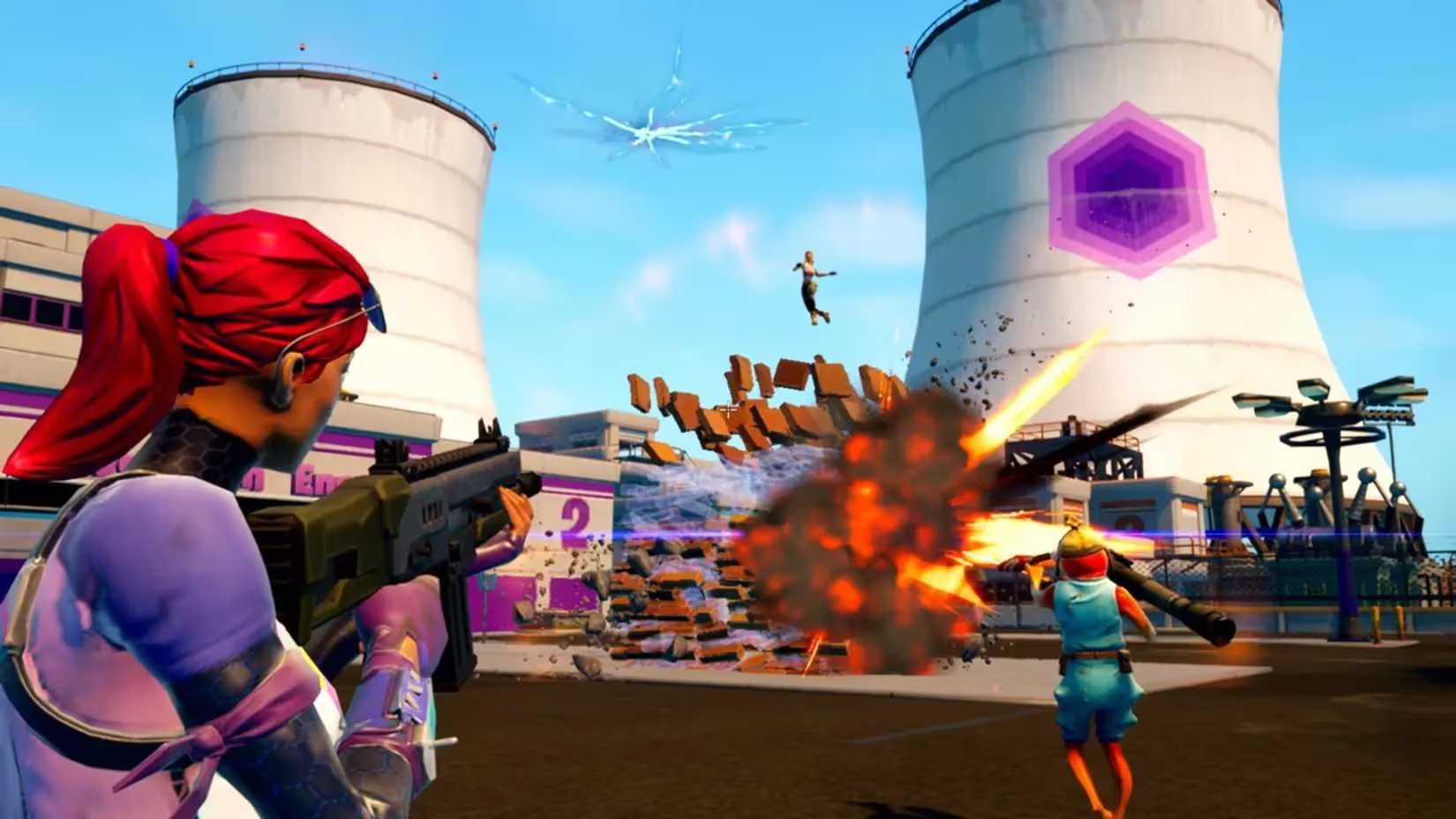Epic Games recently took drastic action against toxic behavior in Fortnite's experimental Delulu mode, banning thousands of players who abused the proximity voice chat feature. This unprecedented move highlights the ongoing struggle between innovative gameplay mechanics and community safety in online gaming. The limited-time mode, which launched on September 19, 2025, introduced a radical departure from traditional Battle Royale formats by removing the iconic Battle Bus and enabling spontaneous squad formations through voice communication. While designed to create dynamic social interactions, the feature quickly exposed deep-seated issues within the gaming community, including rampant hate speech and targeted harassment that ultimately forced Epic's heavy-handed response. The timing is particularly significant with Delulu mode scheduled to return on September 26, giving developers and players alike a crucial opportunity to reflect on digital etiquette.
🔉 The Delulu Mode Revolution
Fortnite's Delulu mode transformed the Battle Royale experience with several groundbreaking changes:
-
Solo Infiltration System: 80 players spawn individually across the island rather than deploying from the Battle Bus
-
Dynamic Voice Alliances: Using proximity chat, players can form impromptu squads of up to four members
-
Fluid Betrayal Mechanics: Participants can abandon their squad mid-match to hunt former teammates
-
Strategic Voice Gambits: Whispered negotiations and shouted warnings became tactical weapons

This innovative framework created exhilarating moments where strangers became temporary allies through vocal coordination, but also enabled new forms of psychological warfare where voice became a weapon.
⚠️ The Toxicity Epidemic
Epic Games' announcement revealed disturbing patterns emerging from voice interactions:
| Behavior Type | Percentage of Reports | Common Targets |
|---|---|---|
| Racial Slurs | 42% | Minority Players |
| Gender Harassment | 37% | Female Gamers |
| LGBTQ+ Phobia | 15% | Queer Players |
| Ability Mockery | 6% | Neurodiverse |
Disturbing player testimonies flooded social media, with Reddit user Kilr_Queen75Xx documenting targeted misogyny where male players would literally hunt female voices across the map. One participant described the auditory environment as "walking through a school hallway during lunch - occasionally you hear something intelligent, but mostly it's just noise and cruelty."
📢 People Also Ask: Voice Chat Concerns
How does Fortnite's proximity voice chat actually work?
The directional audio system allows players within a 50-meter radius to hear each other clearly, with volume decreasing beyond that threshold. Environmental factors like buildings or storms can muffle communications.
What evidence does Epic use for voice chat bans?
When players report conversations, the system captures the preceding 90 seconds of audio plus player locations. Moderators review both the audio waveform and contextual gameplay footage.
Why doesn't Epic just disable voice chat completely?
Developers maintain that the feature's positive social potential outweighs its risks when properly moderated. Community managers cite heartwarming stories of strangers becoming friends through in-game cooperation.

⚖️ Epic's Enforcement Strategy
The reporting system underwent crucial enhancements ahead of Delulu's relaunch:
-
Streamlined Reporting: Single-button voice flagging during gameplay
-
Three-Strike Penalties: Temporary bans escalate to permanent after repeated violations
-
AI Audio Scanning: Machine learning identifies hate speech patterns
-
Reward Incentives: Players receive cosmetic items for verified reports
Despite these measures, critics argue detection algorithms struggle with contextual nuance like sarcasm or regional slang. Some banned players claim innocent conversations were misinterpreted, highlighting the inherent tension between automated moderation and human communication complexity.
🎁 The Delulu Comeback
When the mode returns September 26-29, participants can earn the vibrant Crashbella glider - a rainbow umbrella with heart detailing - by achieving Victory Royale. Community managers hint at hidden safeguards implemented during the hiatus:
"We've deployed voice pattern recognition trained on millions of toxic samples," an anonymous Epic developer shared. "The system now automatically mutes flagged phrases before they reach other players."

💭 Digital Citizenship in Gaming
As voice technology becomes increasingly embedded in multiplayer experiences, Delulu mode's controversy raises profound questions about virtual socialization. Can any algorithm truly capture the contextual nuances of human speech? Where should developers draw the line between fostering organic player interactions and policing communication? With voice-controlled gaming becoming standard by 2028 according to industry projections, the Fortnite community's response to these challenges may establish precedents affecting online interaction for years to come. Perhaps the most pressing question isn't how to punish toxicity, but how to cultivate digital environments where such behavior doesn't flourish in the first place.
The following breakdown is based on NPD Group, which provides comprehensive market research and sales data for the video game industry in North America. NPD Group's recent reports highlight the growing influence of social features like proximity voice chat in driving player engagement, while also noting the challenges developers face in moderating real-time communication to maintain a safe and inclusive gaming environment.